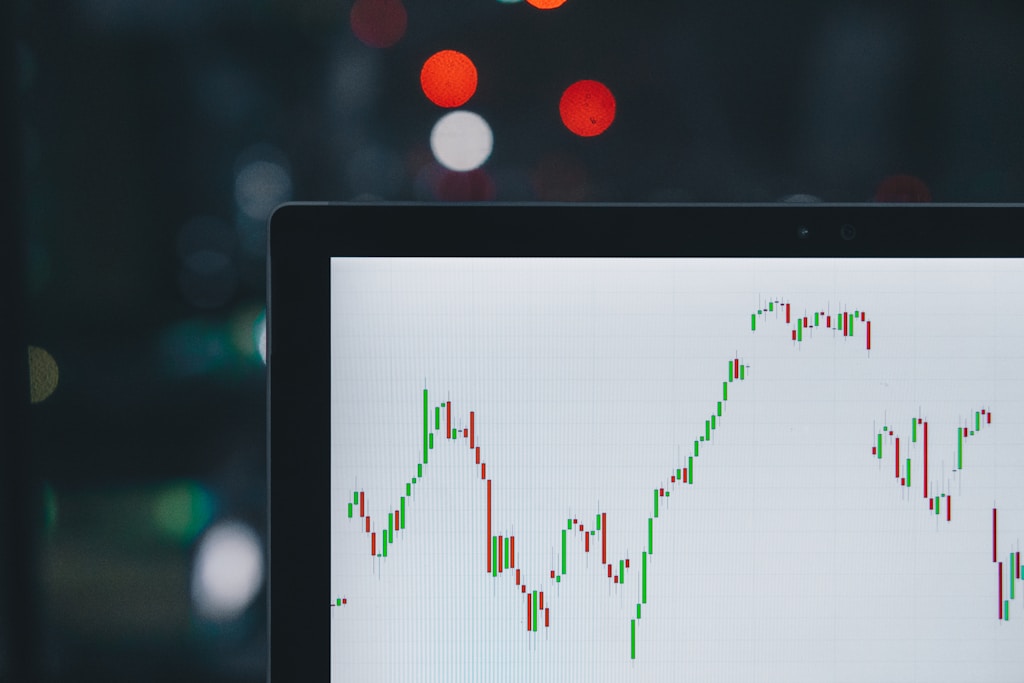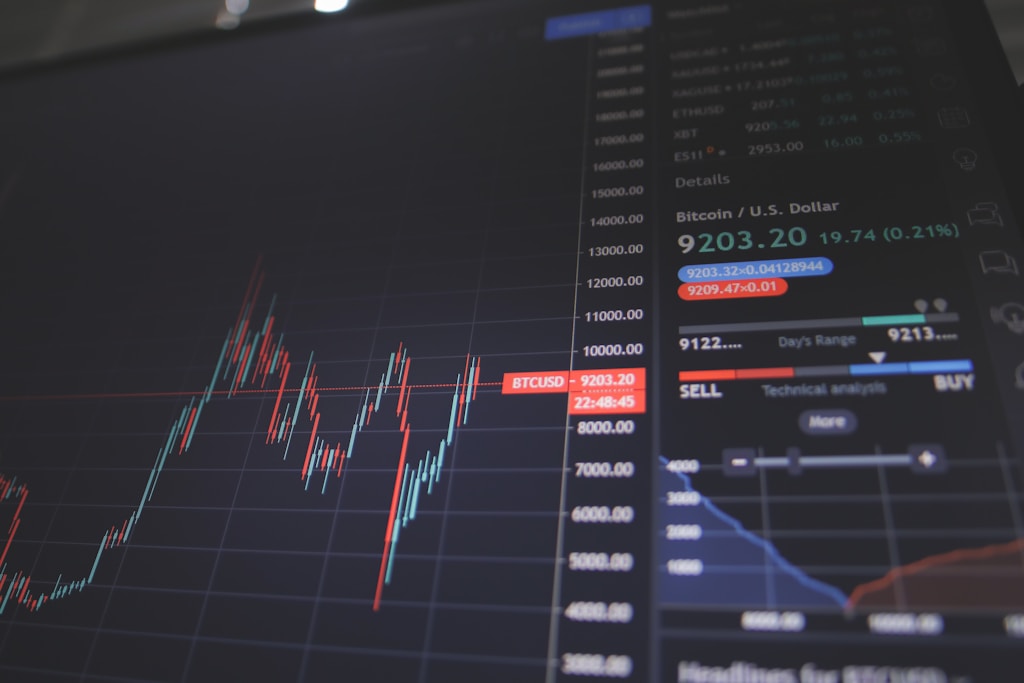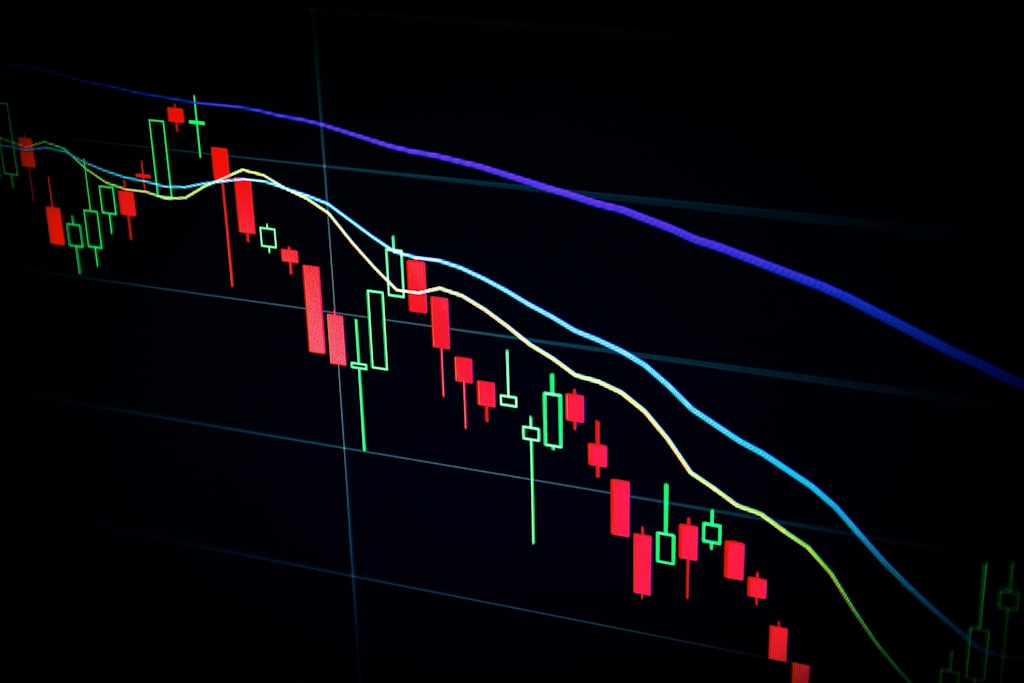Key Takeaways:
- Venture capitalist Tim Draper endorses Trump’s trade policies against China
- Draper sees all economic scenarios benefiting Bitcoin’s growth
- Trade tensions could accelerate crypto adoption as a hedge
Prominent venture capitalist Tim Draper has thrown his weight behind former President Donald Trump’s aggressive trade policies, particularly praising the proposed tariffs against China while predicting significant upside for Bitcoin across all potential outcomes.
As recent market analysis shows Trump’s proposed 104% China tariff has already triggered significant crypto market movements, suggesting Draper’s assessment may already be playing out in real-time.
Draper’s Bold Stance on Trade War
The billionaire investor characterized Trump’s trade offensive as a ‘powerful reset’ designed to end what he views as global freeloading and ineffective leadership, particularly targeting Chinese President Xi Jinping’s economic policies. This stance comes as tensions between the world’s two largest economies continue to escalate.
Bitcoin as a Safe Haven Asset
According to Draper, Bitcoin stands to benefit regardless of how the trade conflict unfolds:
- If tariffs succeed: Could drive innovation and tech investment in the US
- If tensions escalate: May increase Bitcoin’s appeal as a hedge asset
- If global trade suffers: Could accelerate crypto adoption for cross-border transactions
SPONSORED
Navigate market volatility with up to 100x leverage on perpetual contracts
Market Impact and Analysis
The cryptocurrency market has already shown sensitivity to these geopolitical developments. Bitcoin’s recent price action below $77K reflects growing concerns about trade war escalation, though Draper maintains this volatility could ultimately strengthen Bitcoin’s position as a global store of value.
Frequently Asked Questions
Q: How might Trump’s tariffs affect Bitcoin price?
A: According to Draper, tariffs could drive Bitcoin higher by increasing demand for non-sovereign stores of value.
Q: What is China’s potential response?
A: China may seek alternative payment systems, potentially benefiting cryptocurrency adoption.
Q: How can investors prepare?
A: Draper suggests maintaining Bitcoin positions as a hedge against economic uncertainty.



